At a certain time in the future, you will suffer from reefer’s boredom. It’s inevitable, everyone goes through it… and the reasons are many – the tank is doing too good and you don’t want to change anything in fear of it crashing, or the tank crapped out and you don’t want to look in its general direction at all, or perhaps you have other things going on and something simply has to be put on the back burner. Whatever that reason, the remedy is the same- you need to find some source of inspiration to get back into the hobby you truly cherish. You can watch a Netflix documentary about animals that make you never want to hike, swim, or dive in the dark again, take a long bike ride thinking about anything and everything that comes to your mind, or peep at a photo of somebody else’s aquarium being awesome and get inspired by that experience. You can also casually lurk around the website of United States Patent and Trademark Office to see if any of the aquarium industry companies you know and follow filed for any new trademarks worth checking. Out of boredom, you know.
I did at least three of those things. Ok, I did all four but the last one only after being tipped off by an industry insider that knows what’s up. Nobody really checks Trademark Electronic Search System out of curiosity. Fine, some do (bless them) but it’s not typical behavior. I digress.
So I was typing neptune Solutions (the corporate entity of neptune Systems) and found out (yes, with external help, thank you) that the company filed for a new trademark. Here’s a screenshot:

“Aquarium lights; LED (light-emitting diode) lighting fixtures; LED lighting systems, namely, LED modules, power supplies, and wiring”
“OK, they are working on an LED light,” I thought.
Of course I wanted to know more! And so I messaged Terence from neptune Systems and asked “SKY. Have a minute to talk?”
neptune Systems working on an LED panel for reef aquarium use makes perfect sense to me, so I was only mildly surprised by the fact that they indeed do so. I mean, it fits like a missing puzzle piece, into their product catalog. Right now, you can run a fish tank solely on neptune equipment, except for the light. This obvious gap needed filling and that filling is called Project SKY. Or just SKY. Project SKY sounds more mysterious though, so I’m gonna call it that.
Anyway, I have had a long and productive conversation with Terence about his company’s latest endeavor and how they are planning to set their foot in the already overcrowded market of reef aquarium lighting. It was a loose conversation, therefore I can’t reproduce what I heard word by word, but I can at least provide you with some juicy details about SKY and what I managed to squeeze out of neptune Systems’ Vice President.
First of all, Terence told me that yes, SKY is an LED light they are working on intensively and that they are in a stage where they are testing ideas on a physical prototype. And so naturally, I said jokingly: “Dates, give me dates”.
Let me tell you about the dates. People that followed the whole Trident saga from the very beginning know that it was a classic tale of a product hyped too early. Trident turned out to be everything we asked for, but the hype got out of control and some people got burned when they learned they couldn’t have what they want at day one. The company learned from its mistakes, apologized for not delivering the hyped product in the timeline they set for themselves, moved on, and decided to approach it in a slightly different manner this time around. All of which helped me set my conversation with Terrence in a much more relaxed and (by default) unsensational terms.
Terrence told me of an experience with a reef light he saw at an Interzoo show in Germany and how it blew him away. The light in question was a Philips CoralCare, a virtually unknown brand on this side of the Atlantic but an emerging player in the European aquarium lighting market. I say emerging because CoralCare started essentially as a pet project of one of the engineers working for Philips that turned out to be very well received by the reef aquarists community. Now Philips is an international conglomerate deep into the LED market in general, so CoralCare represents only a tiny segment of the company’s market share; nevertheless, the saltwater aquarium oriented light they designed received an overwhelmingly positive response from the aquarium industry.
Terence told me the reason Philips CoralCare made such a big positive impression on him was the uniform, shade-free coverage that the source of light produced. The downside was that the light was clunky and unmanageably heavy: 24 pounds or so for the first generation and 14 pounds for the gen 2.
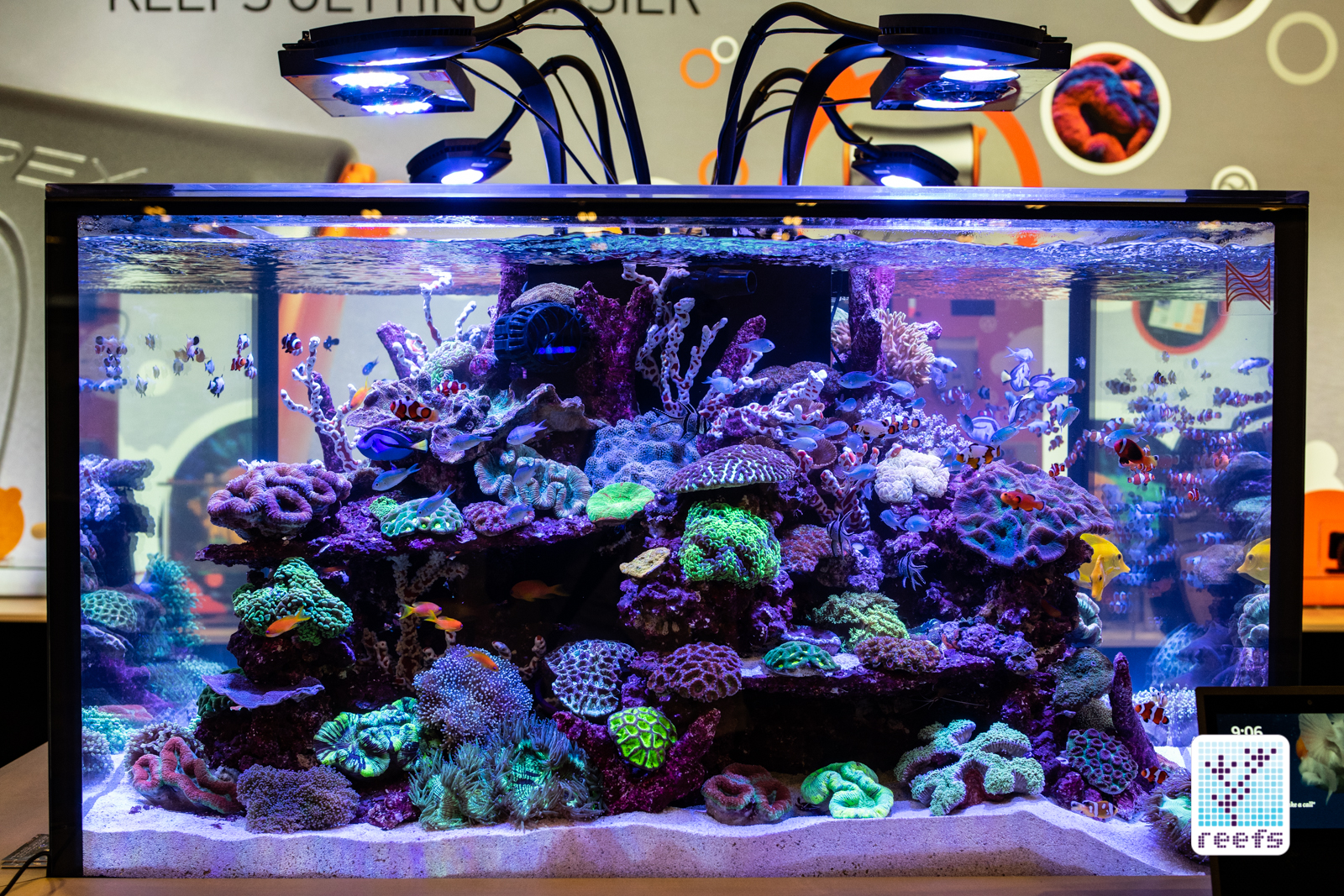
The shared and tested knowledge of Terence’s own experience (he is currently using Philips CoralCare lights on his personal tank) and the input from neptune Systems engineers paved the way for this new project codenamed SKY.
Why SKY? Because neptune Systems envisioned an LED light that would mimic the coverage of a morning sun flooding the reef with a filtered, uniform energy source that then would continue to intensify in a natural, harmonic way throughout the day just like a real reef experiences during the natural photoperiod. It sounds complicated, but it really isn’t- it just follows the trend I predicted would define a good aquarium LED panel, one that would produce what really matters: the coverage, the usable reach in which a given LED panel is capable of providing enough photon energy for corals to grow (peak intensity is just a numbers game after some point anyway).
The other aspect I asked for is apex integration. Can a Neptune Systems LED light to be an integral part of the apex ecosystem and, at the same time, be useful as a standalone product? The answer to both is yes. It ties, again according to Terence, to Neptune Systems’ current philosophy- to design a product that can fully integrate into the apex control platform but also work as a standalone piece of equipment outside the Neptune Systems network. The company proved you can have it both ways with their recent additions- the COR return pump and the ATK Auto top-off, but it’s going to be interesting to see how that philosophy can be translated to something as sophisticated as an LED light. One way or another, I’m excited about the SKY project and if you follow reefing technology trends, you should be too. As I mentioned before, no DATES yet, but I made Terence agree to let me type these words: possible 2020 announcement. That’s all I can say. Sleep well.

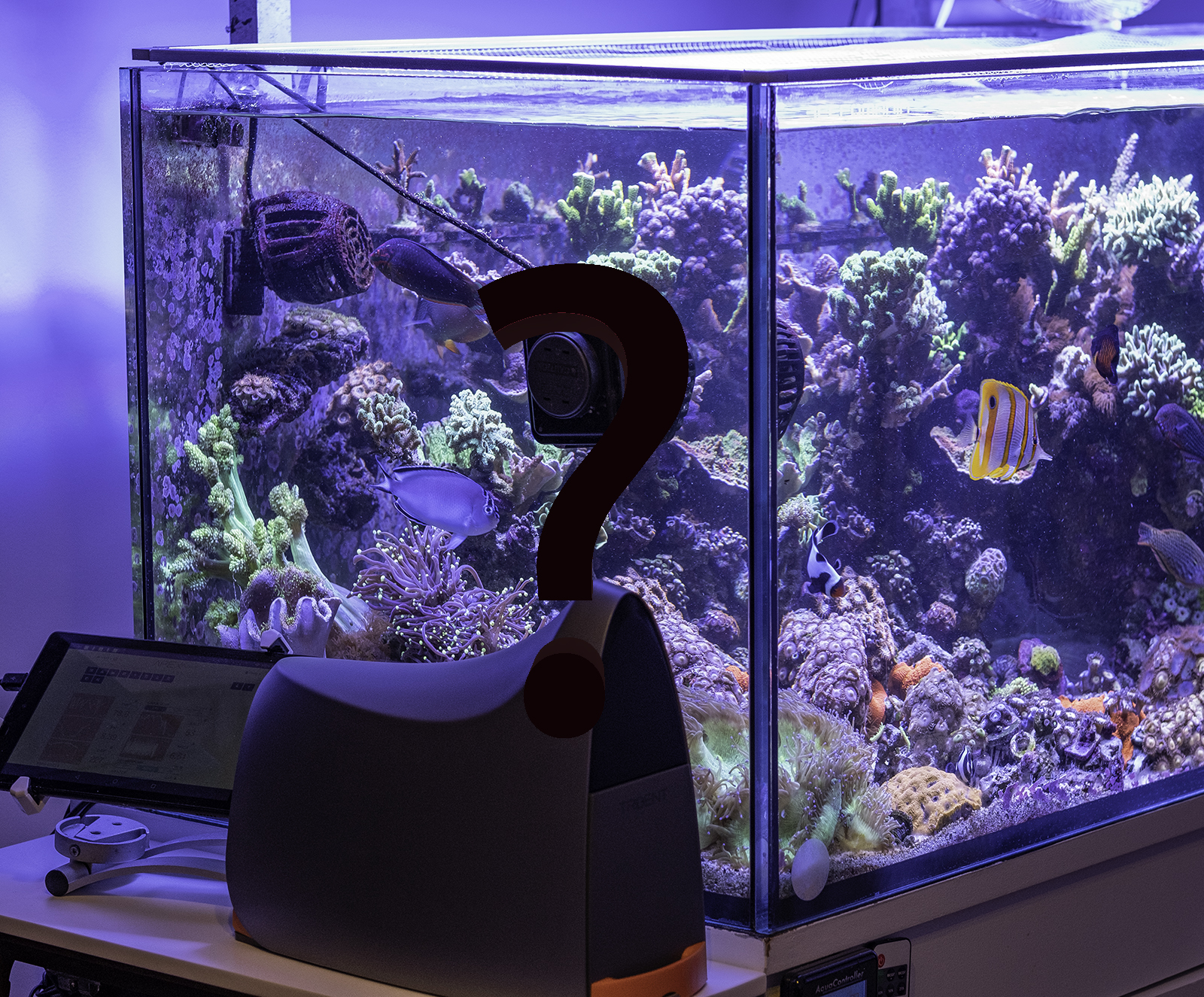

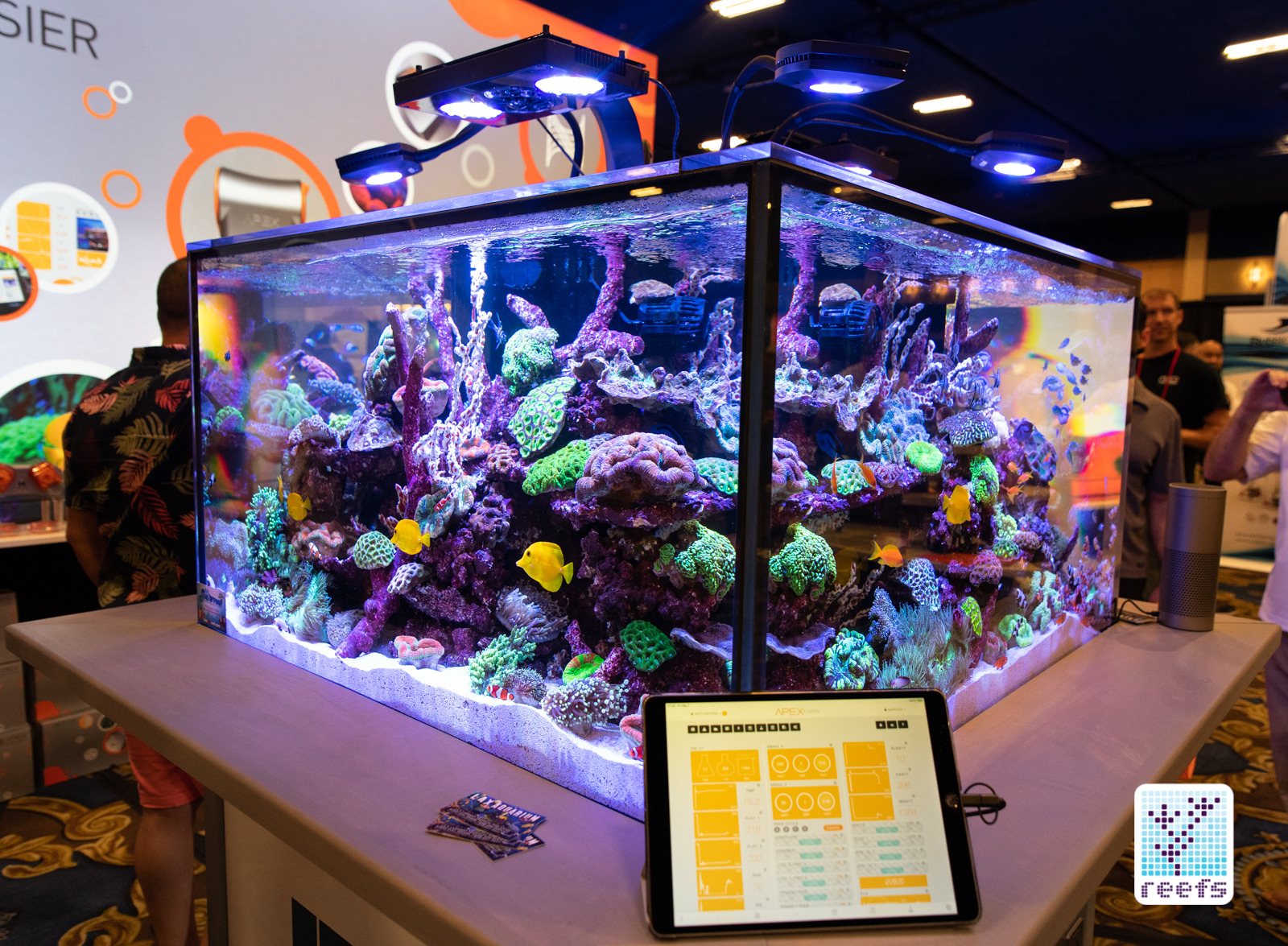
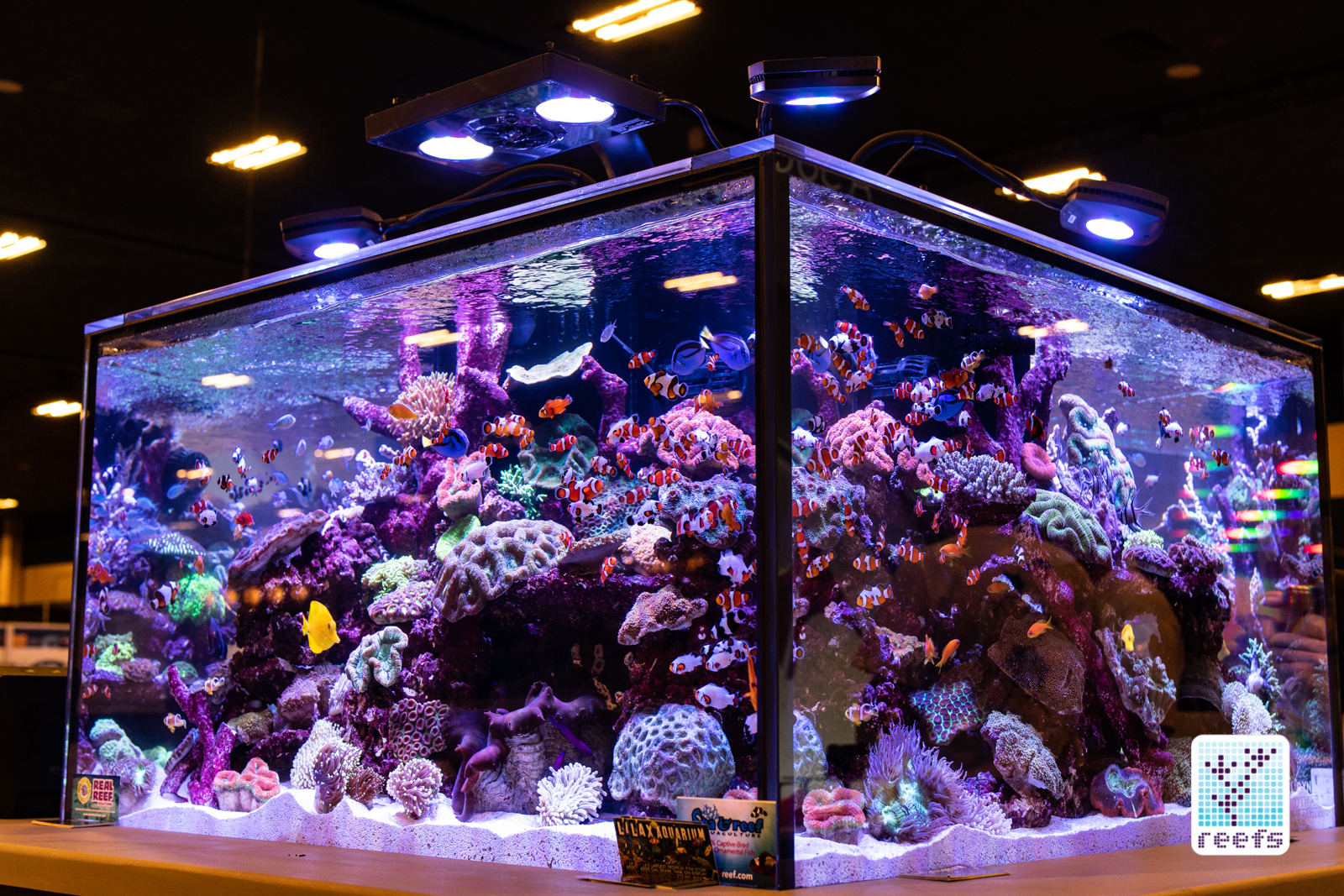

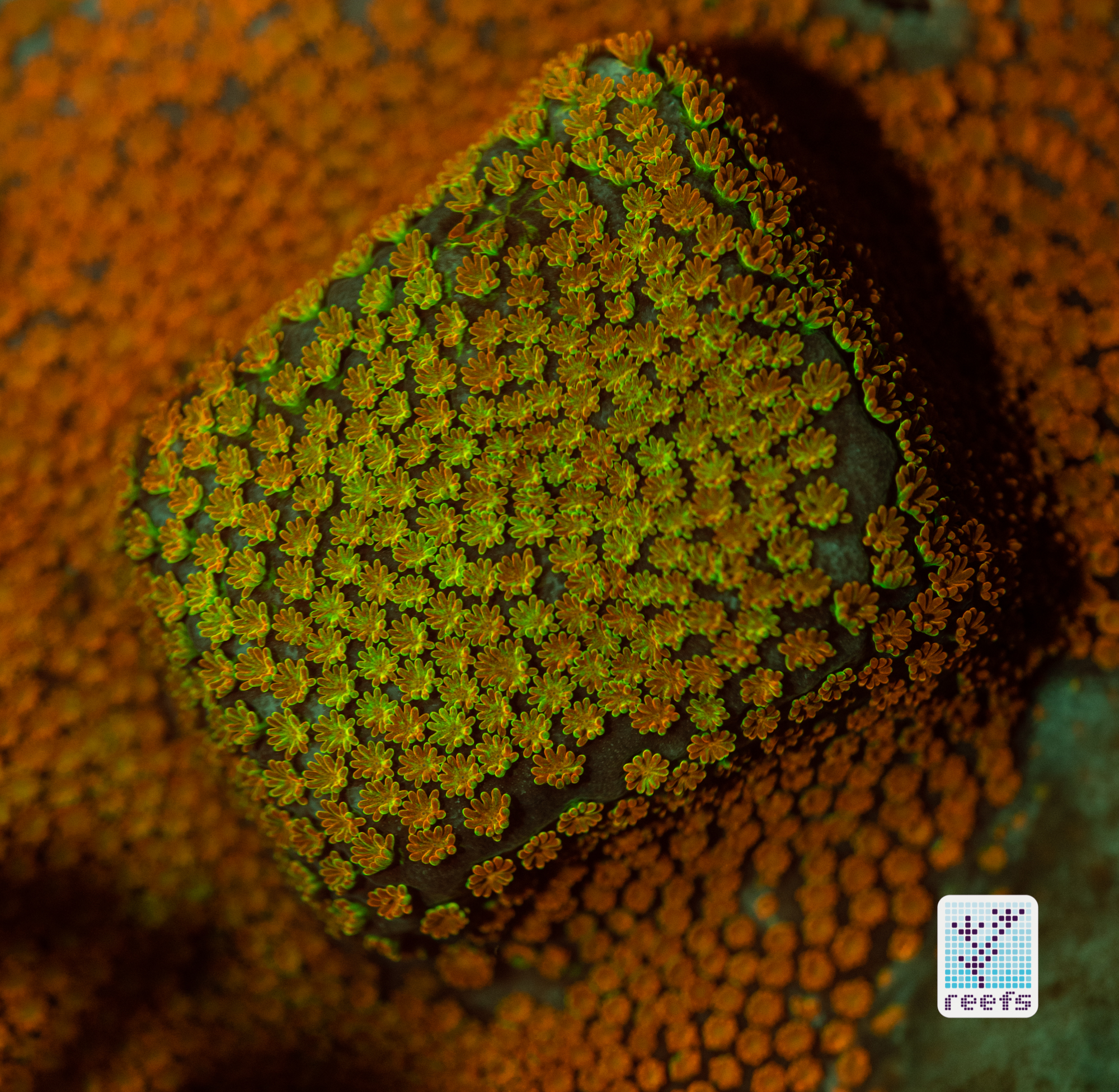








0 Comments